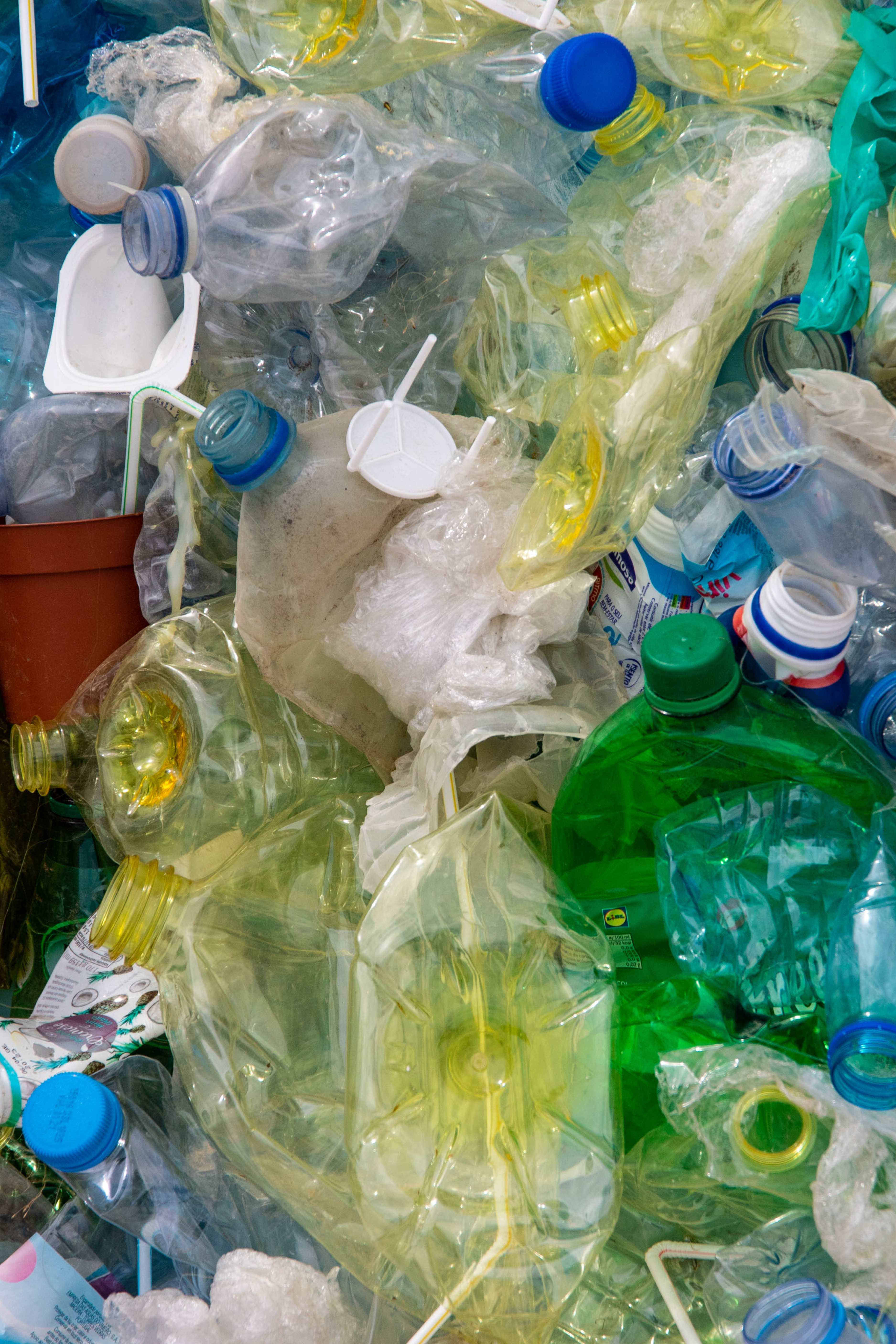
GRS
All canvases on the Silent Art acoustic pictures are certified with the Global Recycle Standard (GRS). You can read more about what the GTS certification actually means below.
GRS certification is an international standard for recycled materials and sustainability.
The GRS certification was developed by T extile Exchange, a global organization working to promote sustainability in the textile and fashion industry. The purpose of the GRS certification is to ensure that products marketed as "recycled" actually contain a certain percentage of recycled materials and have been produced in an environmentally friendly and socially responsible manner.
What does the GRS certification cover?
The GRS certification assesses fully or partially recycled products and their production chain with a focus on ensuring that the products comply with environmental and social requirements. It covers several different aspects of a company's production and operations:
- Recycled materials : One of the main requirements of the GRS certification is that the products must contain a certain amount of recycled material (e.g. recycled polyester, cotton, plastic), this helps to reduce the need for new raw materials and thus reduces resource consumption.
- Environmental requirements : The GRS standard sets strict requirements for how the production of the recycled materials takes place, including the use of chemicals, water consumption, energy and waste management. There are also specific requirements for how production must reduce negative impact on the environment.
- Social responsibility : The certification requires that the companies involved in the production of recycled materials comply with strict rules for working conditions and human rights . This implies that workers must be protected against unsafe working conditions and that there must be proper conditions for both pay and the working environment.
- Traceability : The GRS certification requires that all materials in the supply chain can be traced. This means that the manufacturer must be able to document how the recycled materials have been obtained, treated and processed in production.
- Independent audit : Companies wishing to obtain the GRS certification must undergo an independent audit (audit), where a third-party auditor assesses whether the company complies with all the requirements of the GRS standard.

Who can obtain GRS certification?
- Producers of recycled materials : This includes companies that produce the materials to be recycled (e.g. plastic, cotton, polyester, paper) and which are subsequently used in the manufacture of new products.
- Companies in the textile industry : Clothing manufacturers, clothing companies, and brands that use recycled materials in their products can be certified to confirm that they comply with the environmental and social requirements set out in the GRS.
- Distributors and suppliers : Companies that deal with or distribute products that contain recycled materials can also be certified to ensure that their products meet GRS requirements.
Advantages of GRS certification:
- Sustainability and responsibility : The GRS certification ensures that companies take responsibility for both the environmental impact and the social conditions of their production. This gives both consumers and the business community confidence that recycled products are truly sustainable and produced under proper conditions.
- Improved transparency : The GRS certification allows customers to gain insight into how recycled materials are handled in the supply chain and what is being done to minimize the negative environmental impact.
- Marketing value : Companies that are GRS certified can use the certification as a marketing tool to demonstrate their commitment to sustainability and responsible production. It can be a competitive advantage, as consumers are increasingly prioritizing environmentally friendly and ethical products.
- Traceability and documentation : The certification helps companies document that their products meet the requirements for recycled materials, which can be useful in relation to legislation and demands from customers who want proof of sustainability.
- Reduced environmental impact : By focusing on recycling and sustainable production, the GRS certification helps to reduce waste , resource consumption and CO₂ emissions , helping to protect the environment.
How does the GRS certification work?
- Requirements for materials : To obtain the GRS certification, a company must be able to document that their products contain a certain percentage of recycled materials . The exact percentage may vary depending on the product, but the standard requires that a large part of the material is recycled material.
- Environmental requirements and working conditions : The GRS certification requires that the production of the recycled materials must be environmentally friendly and that the working conditions must be safe and ethical. This means that companies must be able to document how they handle waste, chemicals, energy and water in production.
- Audit : To obtain the GRS certification, a company must undergo an independent audit. This audit evaluates the company's compliance with GRS requirements, including traceability of recycled materials, environmental standards and working conditions. Audits are typically conducted annually to ensure that the company's practices remain in line with the standard.
